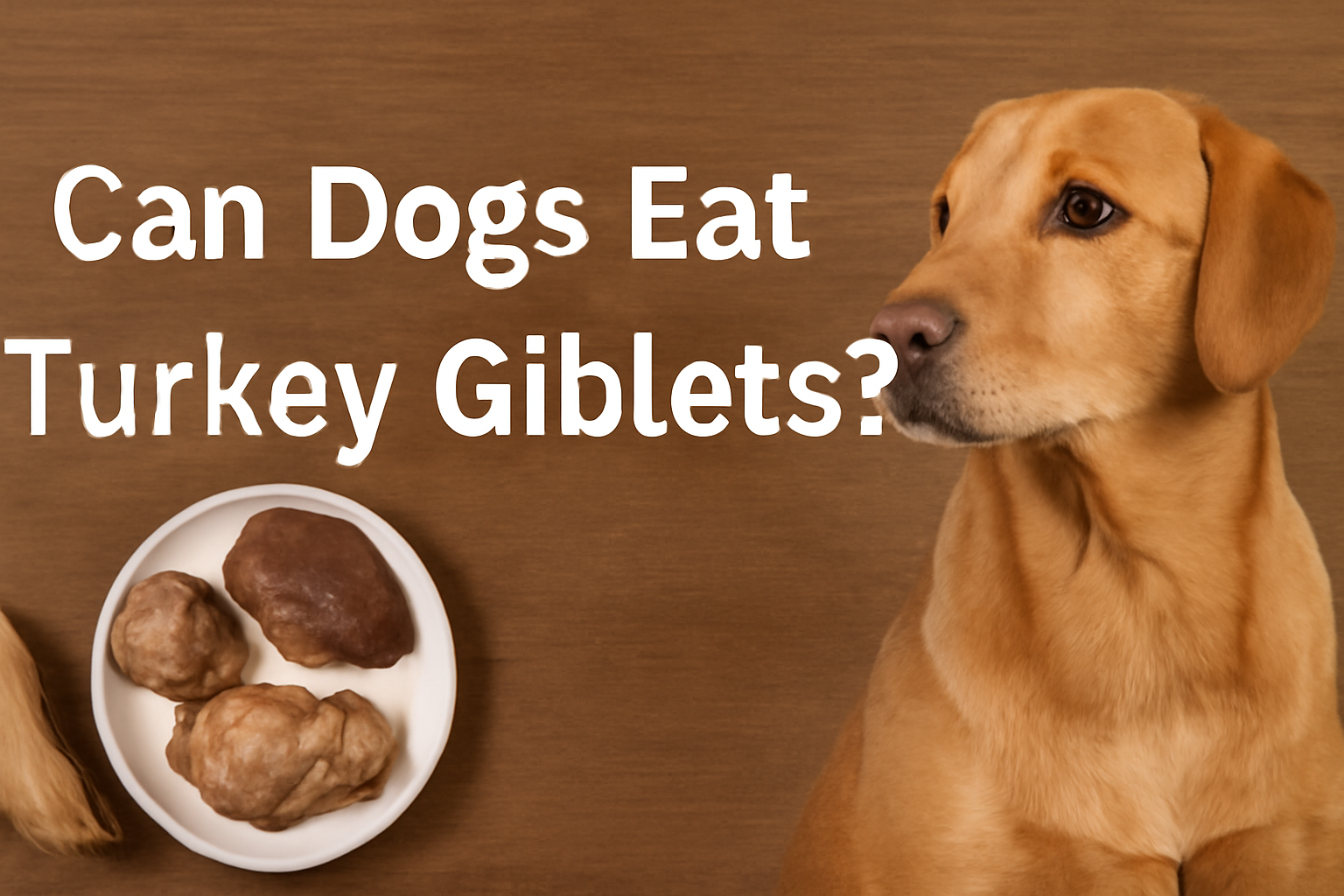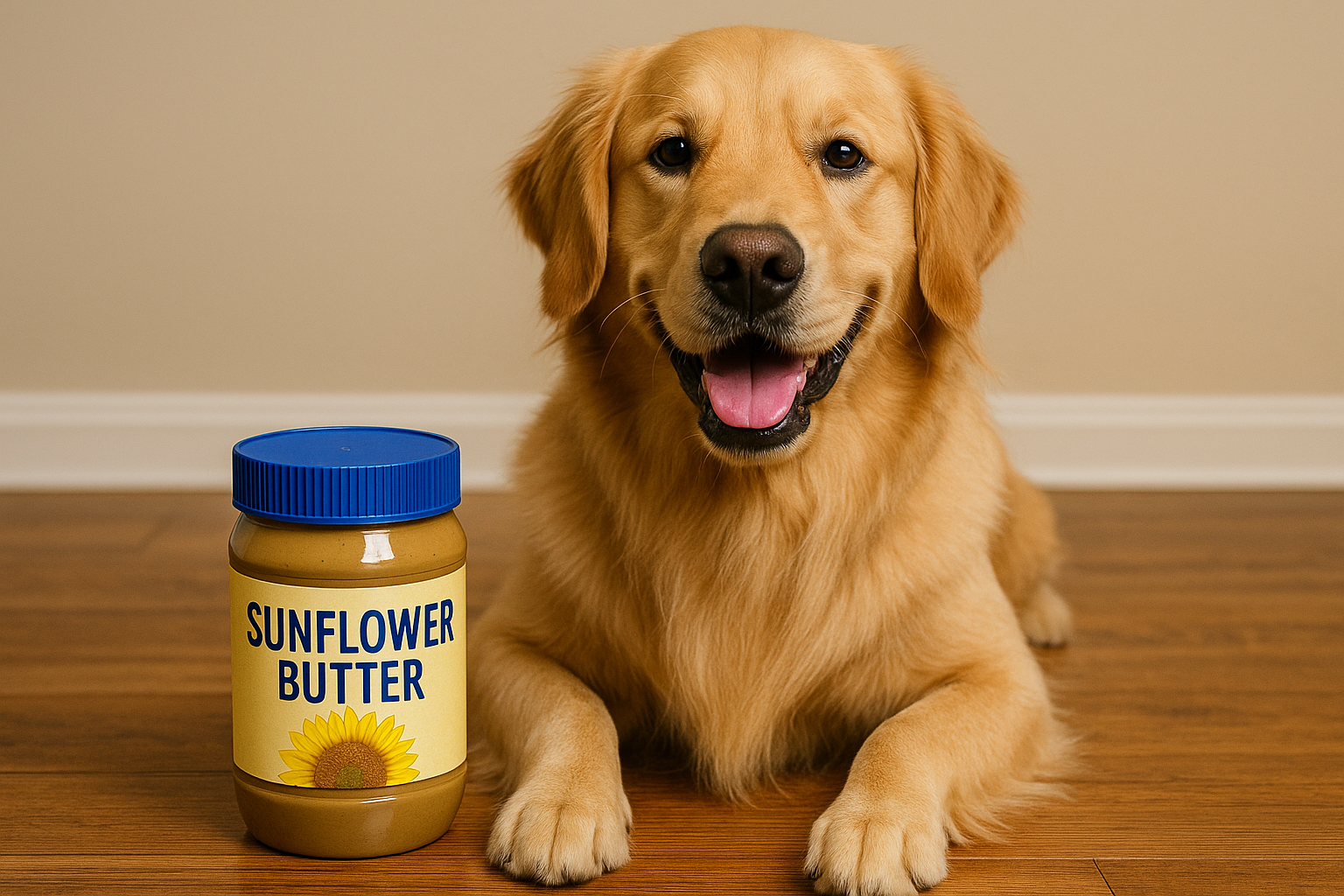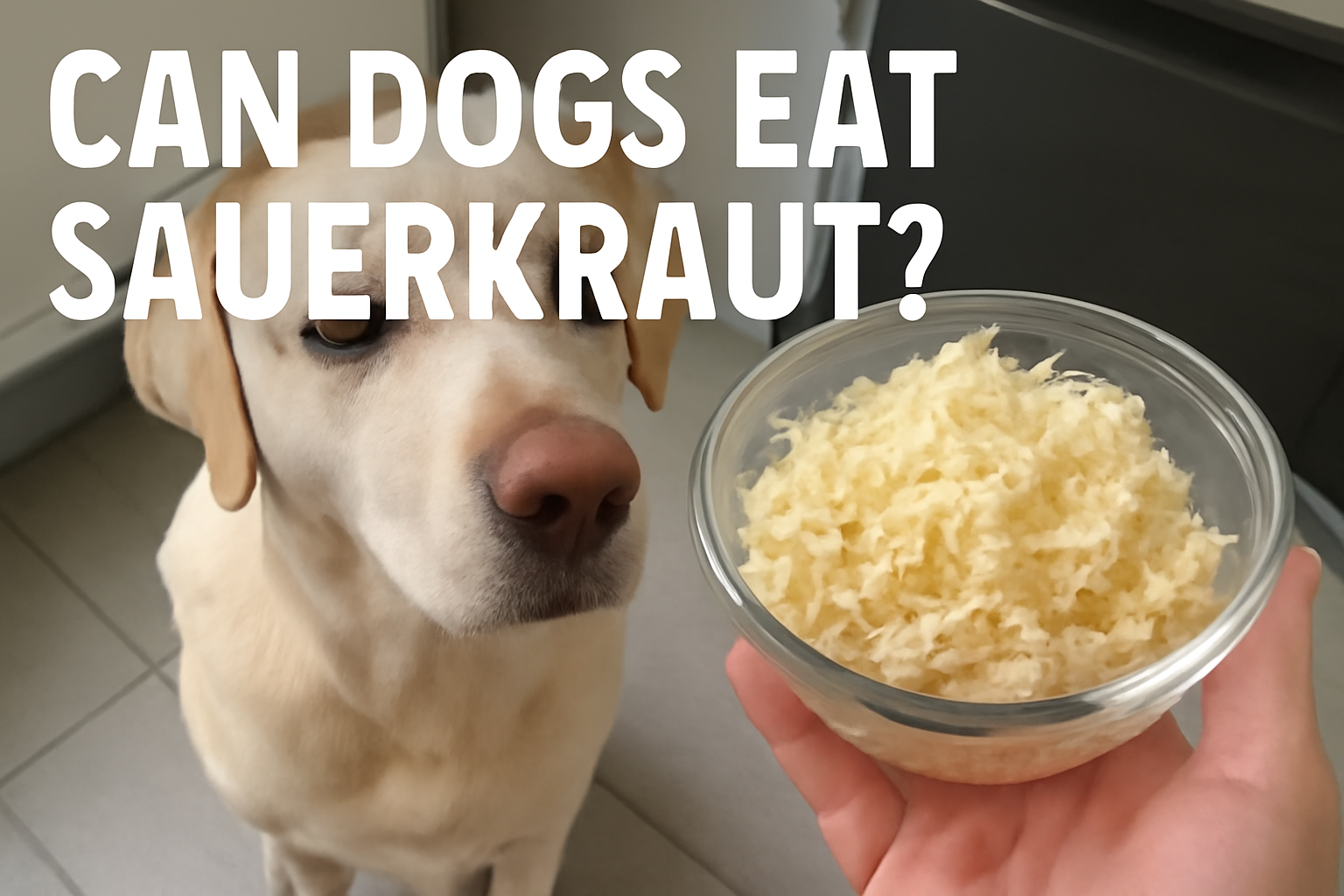Can Dogs Eat Turkey Giblets? 🦃🐾
As pet owners, we often find ourselves wanting to share a little bit of what we’re eating with our furry friends. Whether it’s a treat during the holidays or a special snack, dogs are often eager to try the foods we enjoy. One food item that many people are curious about is turkey giblets. These flavorful parts of the turkey, often included with the bird during the holidays, include the heart, liver, gizzards, and sometimes neck. But can dogs eat turkey giblets safely? Is it a healthy treat or something to avoid? Let’s dive in and explore the potential benefits, risks, and everything you need to know about giving turkey giblets to your dog.
What Are Turkey Giblets? 🍖
Turkey giblets refer to the internal organs of the turkey, and they are often included in the turkey’s body cavity when you buy it. These giblets typically consist of:
- Heart: A muscle that pumps blood throughout the turkey’s body.
- Liver: A vital organ responsible for detoxifying the body and metabolizing nutrients.
- Gizzards: A part of the stomach that helps grind food; the gizzard contains strong muscles and is important for digestion.
- Neck (optional): The neck is often included and is made of skin, muscle, and some bone. It is not always served, but it can sometimes be found in the giblet packet.
These giblets are often used to enhance the flavor of gravies, soups, or stuffing, and they are packed with nutrients that many people enjoy. But how do these parts of the turkey stack up for our furry friends?
Are Turkey Giblets Safe for Dogs to Eat? 🤔
Yes, turkey giblets can be safe for dogs to eat, but it depends on how they are prepared and in what quantities they are given. When it comes to feeding turkey giblets to dogs, there are a few important points to remember. Let’s go over the potential benefits and risks so you can make an informed decision.
Nutritional Benefits of Turkey Giblets for Dogs 🍗
Turkey giblets can provide a nutrient-rich snack for your dog. They are packed with vitamins, minerals, and protein that can benefit your dog’s health. Here’s a breakdown of what turkey giblets offer:
| Nutrient | Amount per 100g | Benefit for Dogs |
|---|---|---|
| Calories | 150-200 kcal | Low in calories (for a healthy treat) |
| Protein | 20-30g | Supports muscle growth, tissue repair, and immunity |
| Fat | 10-15g | Provides energy, but too much can cause weight gain |
| Iron | 3-4mg | Promotes healthy blood cells and supports oxygen transportation |
| Vitamin A | 700-1000 IU | Promotes eye health, skin health, and immunity |
| Vitamin B12 | 0.5-1.0mcg | Important for red blood cell formation and nerve health |
| Zinc | 2-3mg | Essential for skin health, immune function, and healing |
| Omega-3 & Omega-6 | 0.2-0.3g | Reduces inflammation, promotes a shiny coat and joint health |
As you can see, turkey giblets are a great source of protein, iron, and essential vitamins like Vitamin A and Vitamin B12, which can contribute to your dog’s overall health when given in moderation.
Potential Risks of Turkey Giblets for Dogs ⚠️
While turkey giblets can be a healthy and delicious treat for dogs, there are some important considerations to keep in mind. Overfeeding or improper preparation can lead to health issues for your dog. Here’s what you need to be cautious of:
1. Fat Content 🐷
Turkey giblets, especially the liver, can be high in fat, which might be too rich for some dogs. While fat is a necessary part of your dog’s diet, too much can cause digestive upset or weight gain. In some cases, excessive fat can lead to a serious condition called pancreatitis, an inflammation of the pancreas. This can cause severe stomach pain, vomiting, and diarrhea.
2. Bones 🦴
While giblets generally do not contain bones (except for the turkey neck), the neck can pose a choking hazard for dogs. Turkey bones, including those from the neck, can easily splinter, and these splinters can cause harm to your dog’s digestive tract, possibly leading to tears or blockages. Never feed turkey bones to your dog.
3. Seasoning and Additives 🌶️
When cooking turkey giblets, people often add seasonings like garlic, onion, salt, or spices to enhance the flavor. Garlic and onion are toxic to dogs and can cause serious health problems, including damage to red blood cells, leading to conditions like anemia. Salt can also lead to salt poisoning, which can cause excessive thirst, vomiting, and lethargy in dogs.
Always ensure the turkey giblets are cooked plain, without any seasoning or additives. This will help prevent any harmful effects on your dog’s health.
4. Portion Control 🍽️
While turkey giblets are a healthy snack, they should be given in moderation. The high fat content and the richness of the meat make it a treat, not a meal replacement. Too many giblets can lead to an unbalanced diet, weight gain, or gastrointestinal distress.
5. Raw Giblets ❌
Feeding raw giblets to dogs is not recommended. Raw poultry can contain harmful bacteria such as salmonella or E. coli, which can cause food poisoning in both humans and pets. Always ensure that the giblets are cooked thoroughly before serving them to your dog.
How to Safely Prepare Turkey Giblets for Dogs 🥄
If you want to share turkey giblets with your dog, it’s important to prepare them in a safe way. Here are some steps to follow:
- Remove the giblets from the turkey: Giblets are typically found in a small bag inside the turkey. Remove them before cooking the turkey for yourself.
- Cook them thoroughly: Boil or bake the giblets until they are fully cooked. Do not add any seasonings, salt, or spices to the giblets while cooking.
- Remove any bones: If the giblets include a neck or any bones, make sure to remove them before feeding them to your dog. Bones can splinter and pose a choking hazard or cause injury to the digestive tract.
- Serve in small pieces: Cut the giblets into small, bite-sized pieces to make it easier for your dog to chew and digest.
- Monitor portion size: Giblets are nutrient-dense, so give your dog only a small amount as a treat, not a regular part of their diet.
Can Puppies Eat Turkey Giblets? 🐶
Yes, puppies can also eat turkey giblets in moderation, but it’s essential to be extra cautious with young dogs. Puppies have more sensitive digestive systems, so start with a tiny portion and observe how they react. If your puppy has any signs of digestive discomfort, such as vomiting, diarrhea, or lethargy, discontinue feeding them giblets and consult your vet.
Also, because puppies are still growing and developing, their dietary needs are more specific. Always ensure they’re eating a well-balanced, puppy-formulated food and use treats like turkey giblets sparingly.
Can Dogs Eat Turkey Giblets Every Day? ❌
No, dogs should not eat turkey giblets every day. While turkey giblets can provide a lot of nutritional benefits, they are also high in fat and should be given in moderation. Feeding your dog turkey giblets too frequently can lead to weight gain, digestive issues, and even pancreatitis over time.
Treat turkey giblets as an occasional treat and not a daily food. The recommended guideline is that treats should make up no more than 10% of your dog’s daily calories. The rest of their diet should consist of a balanced, nutritionally complete dog food.
Frequently Asked Questions (FAQ) About Dogs Eating Turkey Giblets
1. Can I feed my dog raw turkey giblets?
No, you should never feed your dog raw turkey giblets. Raw poultry can contain harmful bacteria, such as salmonella or E. coli, which can make your dog sick. Always cook the giblets thoroughly before serving them to your dog.
2. Can I feed my dog turkey giblets that have been cooked with seasonings?
No, you should avoid giving your dog turkey giblets that have been seasoned with garlic, onion, salt, or other spices. These ingredients can be harmful to your dog. Always cook the giblets plain, without any added seasonings.
3. Are turkey giblets good for my dog’s coat?
Yes, turkey giblets contain omega-3 and omega-6 fatty acids, which can help improve your dog’s coat and skin health. These fatty acids are also good for reducing inflammation and supporting joint health.
4. How often can I give my dog turkey giblets?
Turkey giblets should only be an occasional treat. They are nutrient-dense but can be high in fat, so give them sparingly—once or twice a week is fine, depending on your dog’s size and health.
5. Can turkey giblets cause pancreatitis in dogs?
Yes, if fed in large quantities or too frequently, turkey giblets can contribute to pancreatitis, a painful and potentially serious condition. This is due to their high-fat content, so always serve giblets in moderation.
Conclusion: Can Dogs Eat Turkey Giblets? 🦴
In conclusion, turkey giblets can be a healthy and safe treat for your dog, but only if prepared properly and fed in moderation. They are packed with protein, iron, vitamins, and healthy fats that can support your dog’s overall health, including muscle growth, skin health, and immune function. However, there are some important things to keep in mind, such as avoiding seasonings, bones, and raw giblets, and always monitoring portion sizes. Remember, turkey giblets should be treated as an occasional treat and not a regular part of your dog’s diet.
Always be cautious when introducing new foods to your dog and consult with your veterinarian if you have any doubts or concerns. Happy snacking! 🐾🍖




